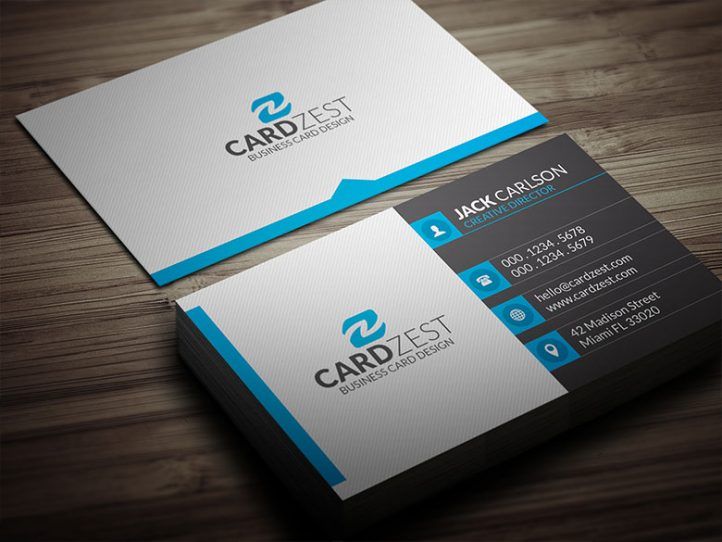Introduction: The Timeless Relevance of Business Cards
In an increasingly digital world, the importance of traditional business cards remains undeniable. These small pieces of cardstock hold significant power in networking, branding, and making a memorable impression. While social media and digital communication have transformed the way we connect, business cards serve as tangible representations of personal or company identity. They offer a unique opportunity to showcase professionalism, creativity, and an eagerness to network. Understanding the vital role of business cards can enhance one’s marketing efforts, foster relationships, and ultimately drive business success.
Designing an Effective Business Card
Creating a business card that stands out requires thoughtful design and attention to detail. The layout should reflect the brand’s identity, employing colors, fonts, and imagery that align with the company’s values and target audience. Simplicity often reigns supreme; a cluttered card can overwhelm potential clients and partners. Essential elements include the individual’s name, job title, company name, and contact information, ensuring that recipients can easily remember and reach out. Including a logo enhances brand recognition, while creative touches like unique shapes or textures can leave a lasting impression. Ultimately, a well-designed business card communicates professionalism and helps establish a personal connection with prospects.
Networking Opportunities: The Value of a Business Card
Business cards play a crucial role in networking, providing a physical means to exchange contact information quickly and effectively. Whether at a conference, trade show, or casual meeting, handing someone a card can serve as a powerful icebreaker. Unlike digital exchanges, which may be forgotten amidst the noise of emails and notifications, a physical card creates a tactile experience that can enhance recall. Furthermore, it encourages follow-ups, as recipients have a tangible reminder of the interaction. Networking opportunities are abundant in today’s business environment, and business cards serve as essential tools in building professional relationships. They act as a bridge, connecting individuals and fostering future collaborations.
Staying Relevant: Business Cards in a Digital World
Despite the surge in digital communication, business cards continue to hold relevance in modern professional interactions. They complement online networking by providing a personal touch that digital methods often lack. In situations where internet access is limited or where face-to-face interactions are prioritized, having a business card on hand is invaluable. Additionally, many professionals still prefer physical cards for their simplicity and ease of use. While QR codes and digital business cards are emerging trends, the classic business card’s charm and effectiveness should not be overlooked. Embracing both digital and traditional methods can create a well-rounded networking strategy that maximizes connection opportunities.
Conclusion: The Enduring Value of Business Cards
In conclusion, business cards remain a vital tool for professionals across various industries. They provide a unique way to convey personal and brand identity while facilitating meaningful connections in an increasingly digital landscape. With careful design and strategic use, business cards can enhance networking efforts and foster lasting professional relationships. As technology continues to evolve, integrating traditional methods with digital innovations can create a comprehensive approach to networking. Ultimately, the enduring value of business cards lies in their ability to make a lasting impression, bridging the gap between online and offline interactions in the business world.Virtual Business Card

